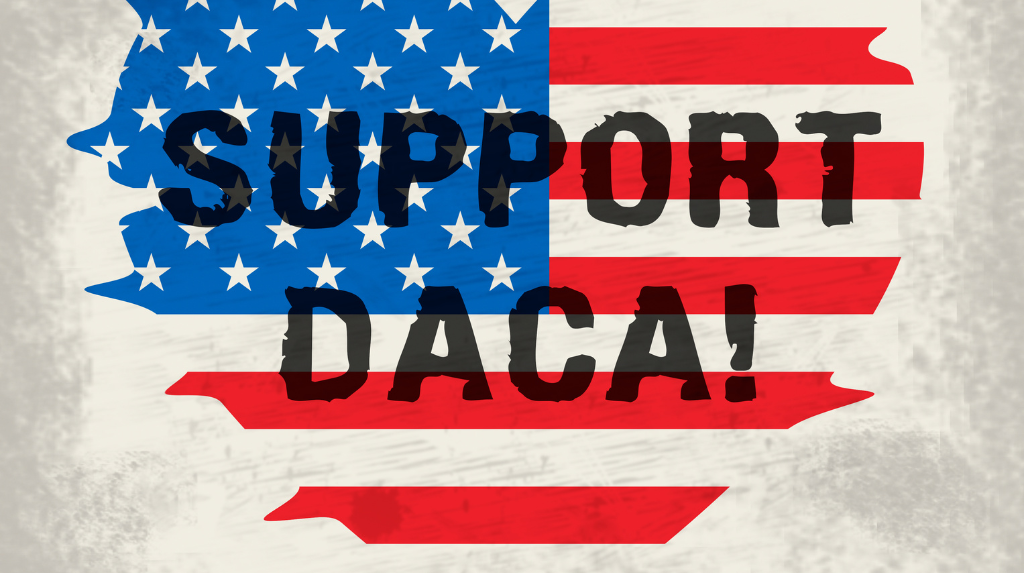If you have a jail or arrest record, you might have concerns about applying for the Deferred Action for Childhood Arrivals (DACA) program. Many applicants share these worries, especially if they have minor traffic violations.
U.S. Citizenship and Immigration Services (USCIS) has strict guidelines regarding criminal history. Anyone convicted of a felony or a significant misdemeanor is ineligible for DACA. This rule can create uncertainty for those with a criminal record.
It’s also essential to be aware of a federal judge’s ruling on July 16, 2021, which deemed DACA illegal. While this decision does not impact current DACA holders or renewals, it halts all new applications, including those already submitted. If your application is pending, note that fees are non-refundable.
What Is a Significant Misdemeanor
USCIS looks at each case individually but has guidelines for what counts as a significant misdemeanor. A misdemeanor, by federal law, is a crime punishable by five days to one year in jail. It becomes significant if it involves:
- Domestic Violence
- Sexual Abuse or Exploitation
- Burglary
- Unlawful Possession or Use of a Firearm
- Drug Distribution or Trafficking
- Driving Under the Influence of Alcohol or Drugs (DUI or DWI)
If a misdemeanor doesn’t fit these categories but results in more than 90 days in jail, USCIS might still consider it significant. Suspended sentences or extra time spent in immigration detention don’t count. USCIS has the final say on whether a crime is a significant misdemeanor, even if the sentence is 90 days or less.
Multiple Misdemeanors For Criminal History on DACA
If you have several misdemeanors that aren’t significant, USCIS might still deny your application. If you have three or more misdemeanors, your application could be denied, even if none are significant.
However, if the misdemeanors are related (happened on the same date and from the same incident), USCIS might count them as one misdemeanor instead of multiple.
Traffic Offenses For Criminal History on DACA
Minor traffic offenses, like speeding or driving without a license, don’t count as misdemeanors and won’t disqualify you from DACA. These minor infractions won’t hurt your eligibility. You might use traffic tickets to prove your presence in the U.S. for your application. However, any traffic offense involving DUI or DWI will be considered a significant misdemeanor.
Expunged or Sealed Records For Criminal History on DACA
USCIS can access expunged or sealed records, but having such a record won’t automatically disqualify you from DACA. This also applies to juvenile convictions.
If you have a misdemeanor that you think isn’t significant, you should provide detailed documentation for USCIS. This includes certified court documents explaining your criminal history. It’s also helpful to have an attorney write a memorandum about your criminal history and why it shouldn’t disqualify you from DACA. Consulting an immigration attorney can give you advice specific to your situation.
Exceptions to the rule for significant misdemeanors
There are some exceptions to the rule regarding significant misdemeanors that can affect eligibility for DACA and other immigration benefits. Here are the primary exceptions:
1. Purely Political Offense Exception
Individuals convicted of a “purely political offense,” particularly those resulting from fabricated charges or repressive measures against political, racial, or religious minorities, may not face the same disqualifications. This exception applies to certain conditional bars to good moral character (GMC) determinations, including:
- Crimes involving moral turpitude (CIMTs)
- Multiple offenses with a combined sentence of five years or more
- Incarceration for a total of 180 days or more1.
2. Vacated Judgments
If a misdemeanor conviction is vacated due to constitutional or statutory defects, it is not considered a conviction for immigration purposes. This means that if an individual successfully challenges their conviction based on valid legal grounds, it may not impact their DACA eligibility1.
3. Petty Offense Exception
For crimes of moral turpitude, there is a petty offense exception that allows individuals who have committed a single misdemeanor to avoid inadmissibility if:
- The maximum penalty for the crime is one year or less.
- The individual was sentenced to no more than six months in prison.
4. Youthful Offender Exception
This exception applies to individuals who were under 18 years old at the time of committing a crime. It protects them from being disqualified based on certain offences, provided they were not tried and convicted as an adult for a felony involving physical force against persons or property.
5. Extenuating Circumstances
USCIS may consider extenuating circumstances related to the commission of an offense. However, these circumstances must precede or coincide with the offense and cannot be based on rehabilitation efforts made after the fact.
In conclusion, the relationship between DACA and criminal history is complicated. USCIS has guidelines for significant misdemeanors, but each case is unique. If you’re thinking about applying for DACA and have a misdemeanor, thorough preparation, and legal advice are crucial for presenting the best case for your eligibility.
How Law and Visas Can Help?
At Law and Visas, our team of expert immigration consultants is here to make your application to the United States straightforward and successful. Whether you’re applying for an H-1B Visa or an L-1 Visa, we handle every step—from preparing your application to gathering the required documents.
Our Immigration Consultants and Lawyers ensure that your application meets the highest standards, with no details missed. We’ll also keep you informed throughout the process and coordinate with the immigration office or embassy on your behalf.
Law and Visas has a strong record of helping clients secure the visas/permits they need to visit the United States. Call us today at +234 812 5505 986 to learn how we can assist you.





